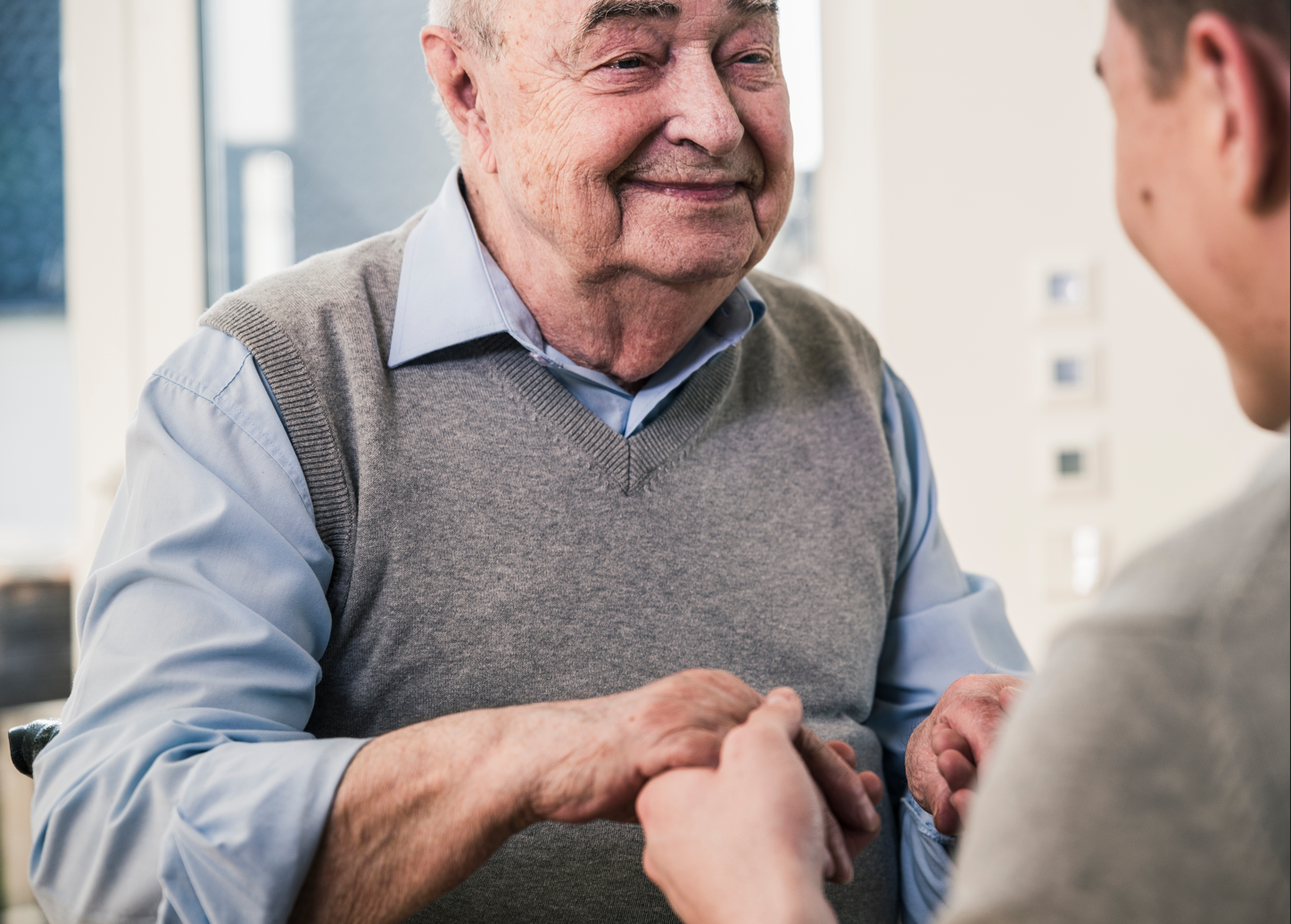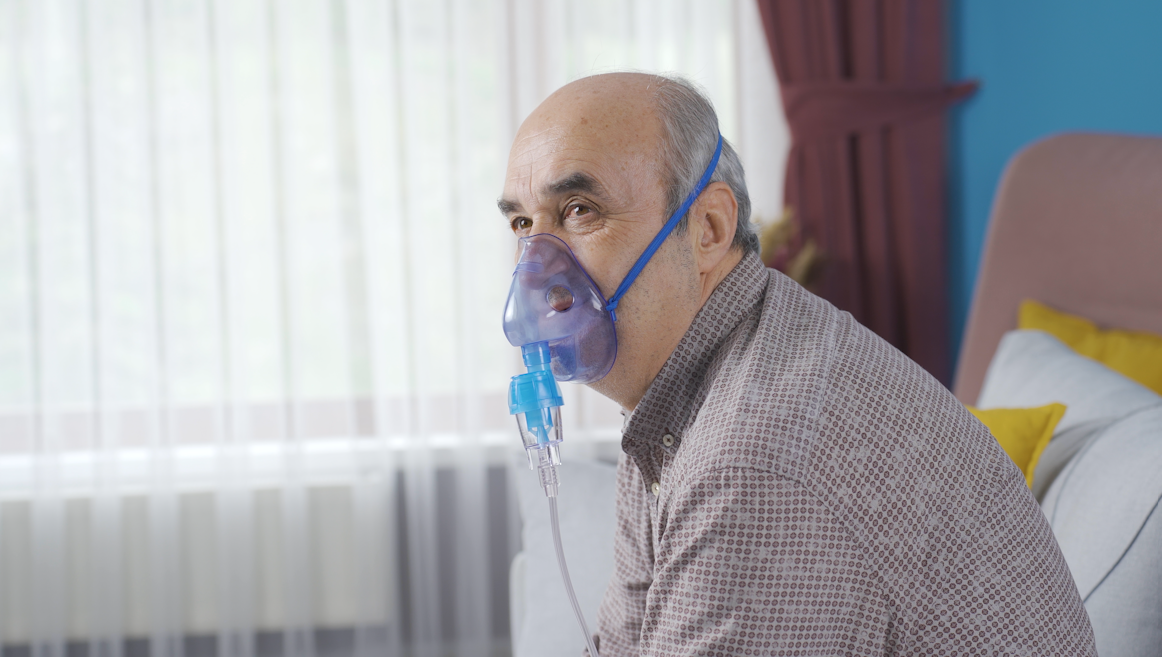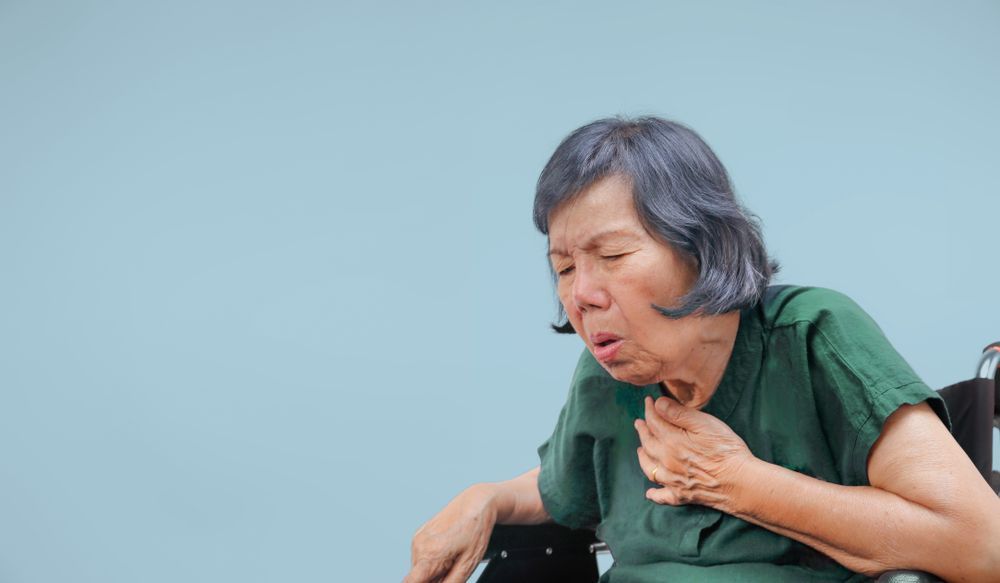Our COVID-19 Response at Elder Care Homecare. Read Now
Effective Communication Strategies for Caregivers of Individuals with Dementia
Communication plays a crucial role in caregiving for individuals with dementia. However, dementia can significantly impact communication skills, memory, focus, language skills, visual perception, and problem-solving abilities. As the disease progresses, individuals may experience difficulty finding words, understanding meanings, paying attention, and remembering steps in activities. They may also become confused about language and rely on the first language they learned. Expressing needs, emotions, and thoughts can become challenging for them. It is important for caregivers to be aware of these challenges and adjust their communication strategies accordingly.

Understanding the Challenges of Communication in Individuals with Dementia
One specific example of the challenges faced by individuals with dementia in communication is the difficulty in finding words. They may struggle to express themselves and may use incorrect words or phrases to communicate their thoughts. For instance, instead of saying "I am thirsty," they may say "I want a drink." This can sometimes lead to misunderstandings and frustration. Caregivers need to be patient and try to understand the underlying message rather than focusing on the accuracy of the words used. Additionally, individuals with dementia may experience difficulty in following conversations that involve multiple topics or complex information. Therefore, caregivers should focus on talking about one thing at a time and breaking down conversations into smaller, simpler topics to reduce cognitive load.
Strategies for Improving Communication with Individuals with Dementia
There are several effective communication strategies that caregivers can utilize when interacting with individuals with dementia. Limiting distractions during conversations can help individuals maintain focus and better understand the information being communicated. For example, turning off the television or radio and finding a quiet space for conversation can create an environment conducive to effective communication. Speaking naturally and using gestures can enhance understanding and make the communication more effective. Nonverbal cues, such as maintaining eye contact and using facial expressions, can convey messages and emotions effectively. Using names instead of relationships can help avoid confusion. For instance, instead of saying "Your daughter is coming to visit," saying "Sara is coming to visit" can provide clarity.
Another important strategy is to use visual aids and cues to support communication. Visual aids, such as pictures, written instructions, and calendars, can assist individuals with dementia in understanding concepts better. Incorporating visual cues can provide additional context and facilitate comprehension. For example, using a picture of a glass of water can help an individual with dementia understand that they are thirsty. Additionally, caregivers can be creative in their communication methods. Singing songs or using different scents can engage individuals with dementia and make the interaction more meaningful. Tailoring the communication approach to the individual's preferences and interests can enhance their engagement and overall well-being.
Non-Verbal Communication Techniques
Non-verbal communication plays a vital role in effectively communicating with individuals with dementia. Body language, facial expressions, and touch can convey messages and emotions when verbal communication becomes challenging. Paying attention to an individual's non-verbal cues, such as changes in facial expressions or body language, can provide valuable insights into their feelings and needs. Using visual aids and cues, such as pictures or gestures, can enhance understanding and help individuals with dementia comprehend information more easily. Incorporating music and other sensory stimuli can also facilitate communication and evoke positive emotions.
Research shows that individuals with dementia often respond positively to non-verbal communication techniques. For example, a gentle touch on the hand or a warm smile can convey comfort and reassurance, even when verbal communication is limited. Caregivers can also use visual cues to enhance understanding. For instance, pointing to a picture of a bed can indicate that it is time to rest. These non-verbal communication techniques can help establish a sense of connection and improve the overall quality of communication with individuals with dementia.
Active Listening and Validation
Active listening is a powerful tool in effective communication with individuals with dementia. By actively engaging in the conversation, caregivers can demonstrate their genuine interest and understanding. Active listening techniques include maintaining eye contact, nodding, and responding appropriately to show engagement and comprehension. These gestures can provide individuals with dementia with a sense of being heard and understood.
Another essential aspect of effective communication is validation. Validating the person's feelings and experiences promotes trust and creates a supportive environment. It involves acknowledging and accepting the person's emotions and perspectives without judgment. Avoiding arguments, criticism, and correction during conversations is crucial in maintaining a positive atmosphere and avoiding unnecessary stress. Instead, caregivers can use reflective statements and summarization to show understanding and acknowledge the individual's perspective. For instance, if an individual with dementia expresses frustration about not being able to remember something, a caregiver can respond by saying, "It must be frustrating for you. I can understand how it feels when you can't remember things." This validation can help the individual feel heard and understood, thereby promoting effective communication.
Patience and Empathy in Communication
Patience and empathy are vital qualities for caregivers when communicating with individuals with dementia. Understanding the person's perspective and emotions can help establish a connection and create a safe and supportive environment for communication. Caregivers can practice empathy by putting themselves in the person's shoes and trying to understand their feelings and needs. By demonstrating patience during communication difficulties, caregivers allow individuals with dementia sufficient time to process information and express themselves. Using a calm and reassuring tone of voice can convey empathy and support.
For instance, if an individual with dementia is struggling to find the right words to express themselves, a caregiver can patiently wait and give them time to gather their thoughts. They can use a calm and reassuring tone to convey understanding and support. This patience and empathy can help reduce stress and frustration for both the caregiver and the individual with dementia. It is important for caregivers to remember that effective communication is not just about conveying information but also about fostering a sense of emotional well-being.
Using Visual Aids and Cues
Visual aids and cues can significantly improve communication with individuals with dementia. Caregivers can employ pictures, written instructions, and calendars to support communication and help individuals understand concepts better. Creating a familiar and organized environment can enhance comprehension and reduce confusion. Memory aids and reminders, such as labeled objects or color-coded cues, can assist individuals in their daily activities. Visual schedules or step-by-step guides can provide structure and promote independence. Incorporating familiar objects or photographs can also help spark memories and facilitate communication.
For example, a caregiver can use a visual schedule with pictures to guide an individual with dementia through their daily routine. This visual aid can help them understand and follow the sequence of activities, promoting independence and reducing anxiety. Additionally, using color-coded cues, such as labeling drawers or cabinets, can help individuals with dementia locate items more easily and maintain a sense of familiarity in their environment. These visual aids and cues provide individuals with dementia with visual prompts that support their cognition and understanding.
Seeking Support and Resources for Caregivers
Caregivers of individuals with dementia should not hesitate to seek support and resources to improve their communication skills. There are various organizations, such as the Alzheimer's Association and local support groups, that provide assistance and guidance to caregivers. These resources can offer valuable information and practical strategies for effective communication. Online communities and support groups can provide a platform for caregivers to share experiences, seek advice, and find emotional support. Engaging with others who are going through similar experiences can be comforting and empowering. In addition to online resources, seeking professional help, such as dementia care specialists, therapists, or respite care services, can also be beneficial. These professionals can provide personalized guidance and support tailored to the specific needs of individuals with dementia and their caregivers. Finally, identifying local caregiver support programs or workshops that focus on effective communication strategies can offer additional opportunities for learning and growth.
Tips for Caregivers to Manage their Own Well-being
Taking care of one's well-being is crucial for caregivers of individuals with dementia. The demanding nature of caregiving can often lead to stress and burnout. Therefore, it is important for caregivers to prioritize self-care activities and seek support when needed. Practicing mindfulness or engaging in hobbies can help manage stress and promote overall well-being. Caregivers should also consider seeking respite care or assistance from family and friends to take breaks and recharge. Prioritizing activities like exercise, adequate sleep, and healthy eating can contribute to their physical and emotional well-being. Connecting with other caregivers who are going through similar experiences can provide emotional support and the opportunity to share valuable insights and coping strategies.
The Impact of Effective Communication on the Overall Well-being of Individuals with Dementia
Effective communication has a profound impact on the emotional well-being of individuals with dementia. When caregivers implement strategies such as active listening, non-verbal communication techniques, and the use of visual aids, they create an environment that fosters connection and understanding. Enhanced communication skills can lead to increased engagement in social interactions and activities. Individuals with dementia may experience a reduced sense of frustration and exhibit fewer challenging behaviors when their communication needs are met. Effective communication can also improve relationships between individuals with dementia and their caregivers and loved ones, strengthening the bonds that support their overall well-being.
Effective communication is vital for caregivers of individuals with dementia. By understanding the challenges of communication in dementia and implementing strategies such as active listening, non-verbal communication techniques, and the use of visual aids, caregivers can significantly improve their interactions with individuals with dementia. Patience, empathy, and seeking support are also vital for effective communication. By focusing on communication and maintaining a supportive environment, caregivers can positively impact the well-being of individuals with dementia and strengthen their relationships.
At Elder Care Homecare, we have a dedicated team of skilled and experienced caregivers across NYC, Westchester, Long Island, and Connecticut that specialize in understanding and addressing the intricate challenges posed by dementia. Our mission remains consistent: to provide unparalleled dementia care that prioritizes understanding, compassion, and the unique needs of each individual.
New York City Elder Home Care Blog






Elder Care Homecare looks after seniors and individuals with disabilities through dependable companion care and in-home care services.
We service Westchester County, Long Island and the entire New York City metro area including Queens, Brooklyn, The Bronx, and Manhattan.
QUICK LINKS
CONTACT
Call Us Today:
(914) 268-6221
Caregiver or Employment Inquiries: (914) 414-4841
111 Brook St
Scarsdale, NY 10583
370 Lexington Ave
New York, NY 10168
United States
1025 Old Country Road
Suite 314
Westbury, NY 11590
750 E Main St
Stamford, CT 06902





